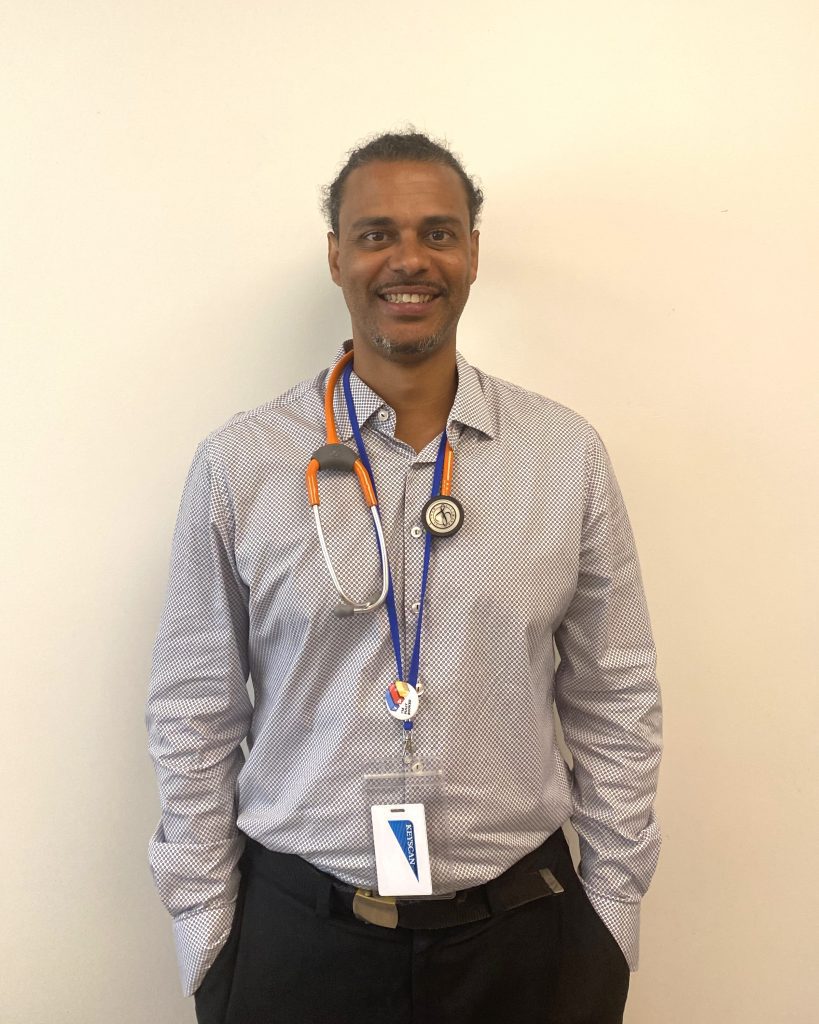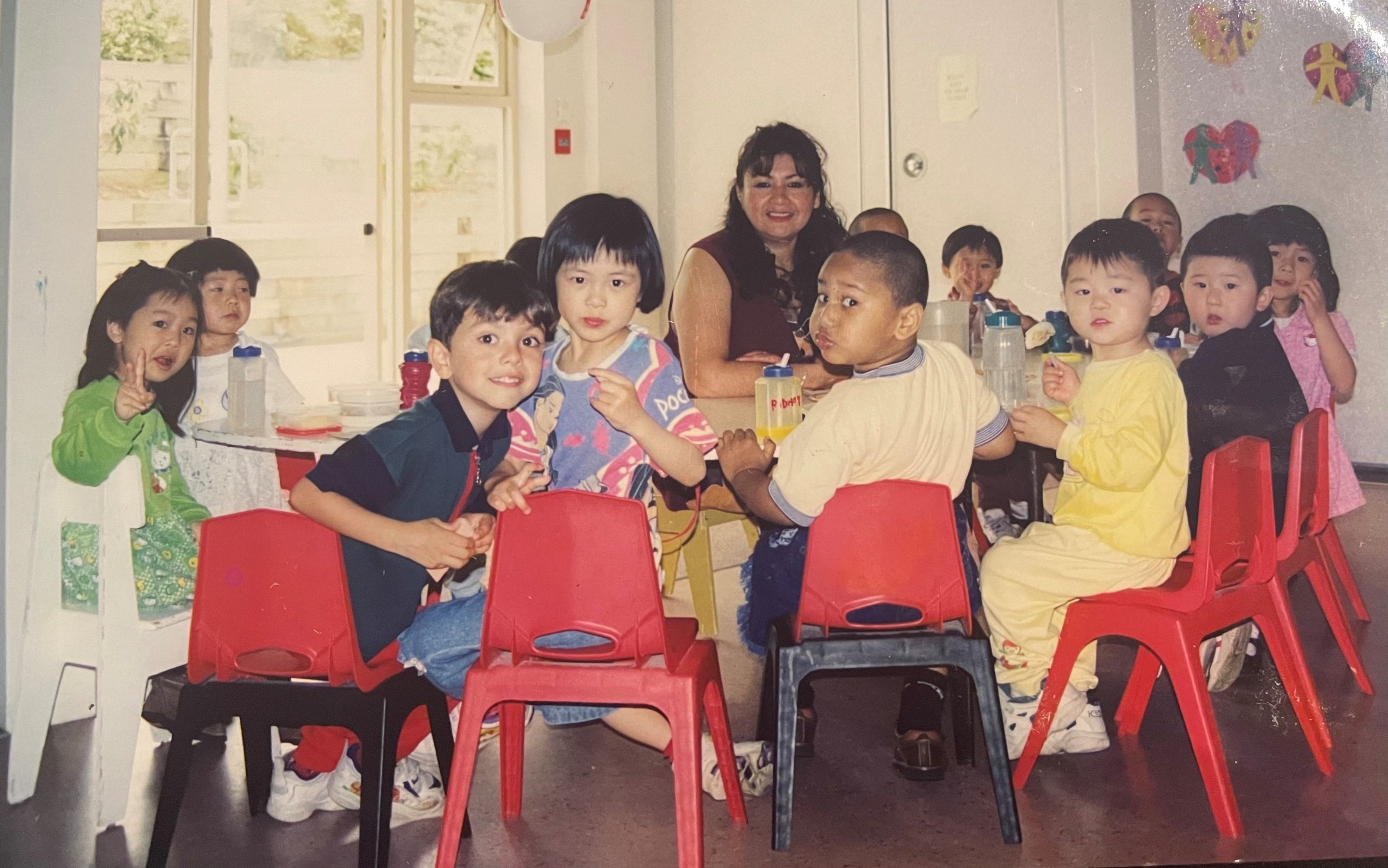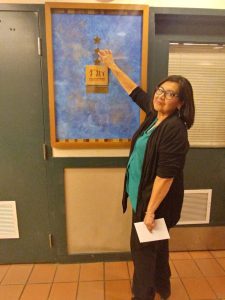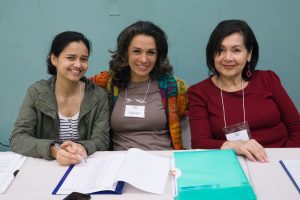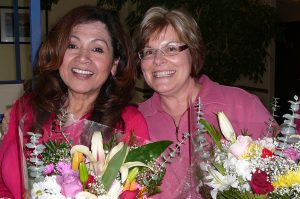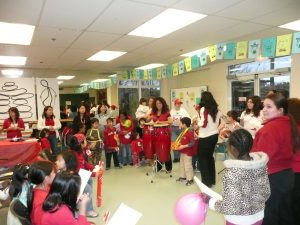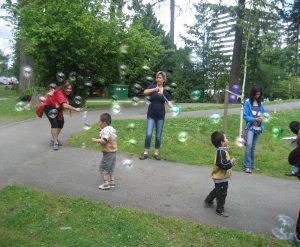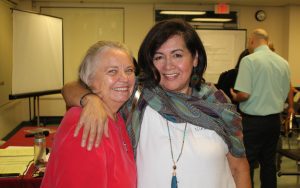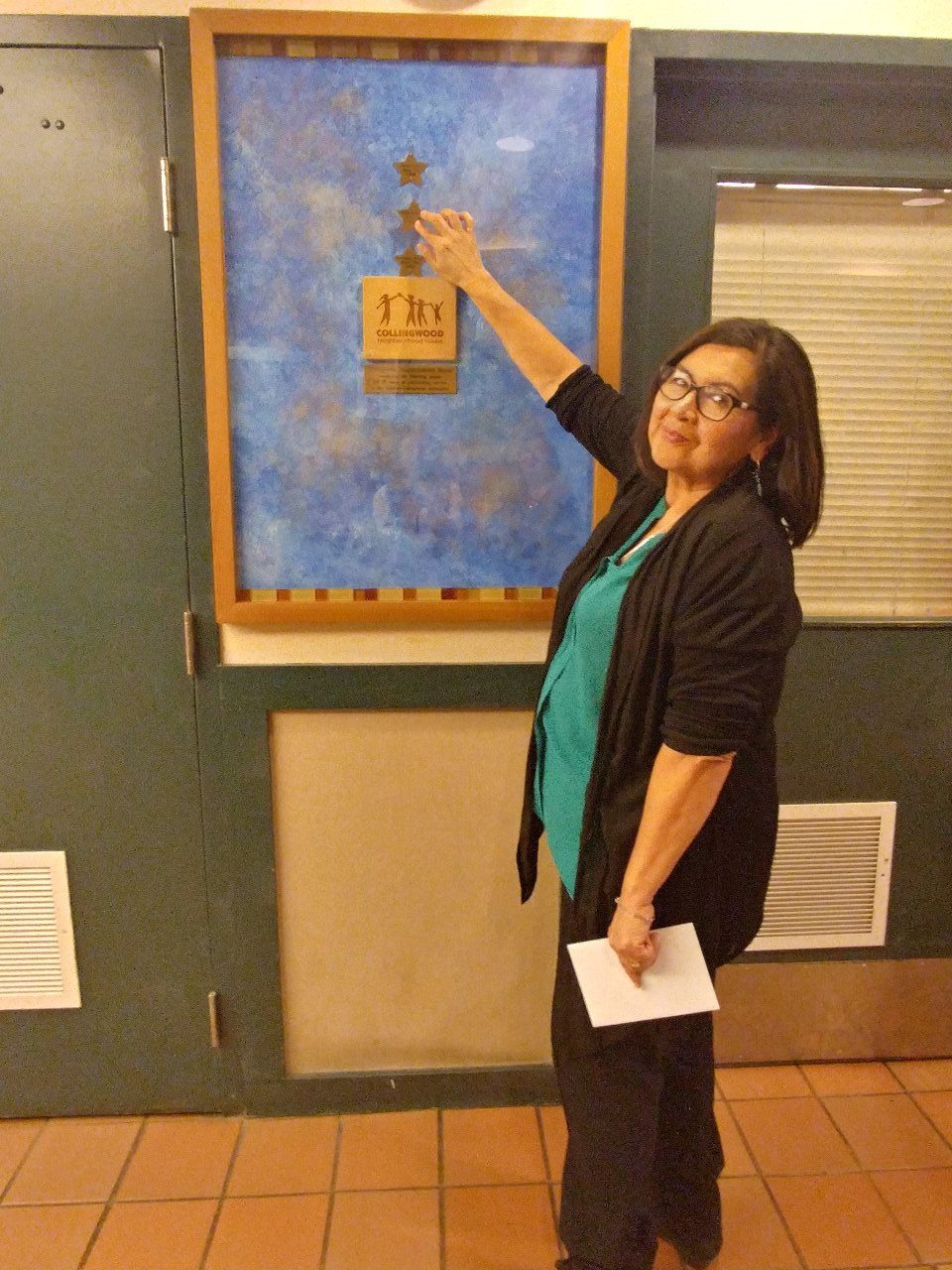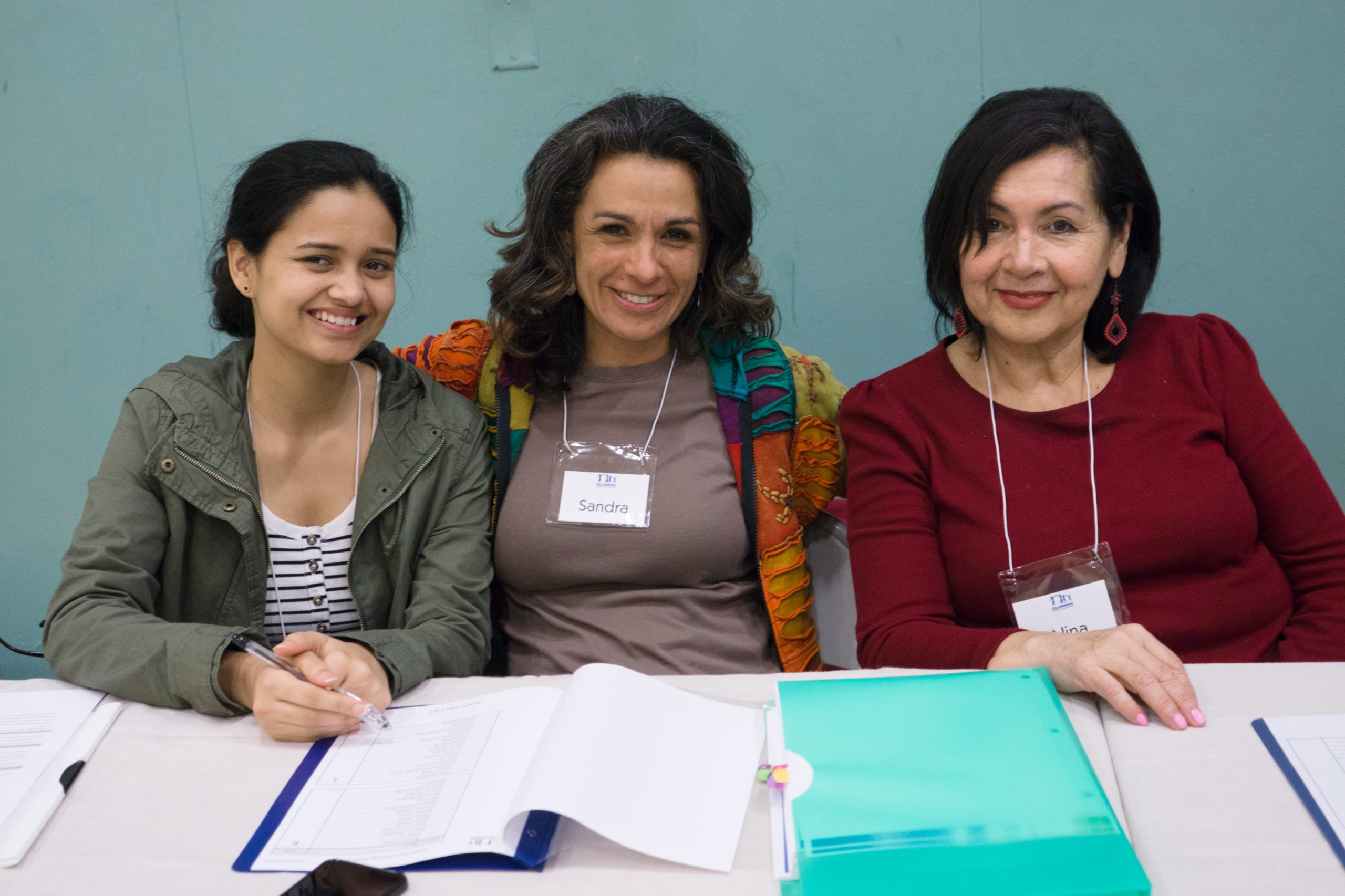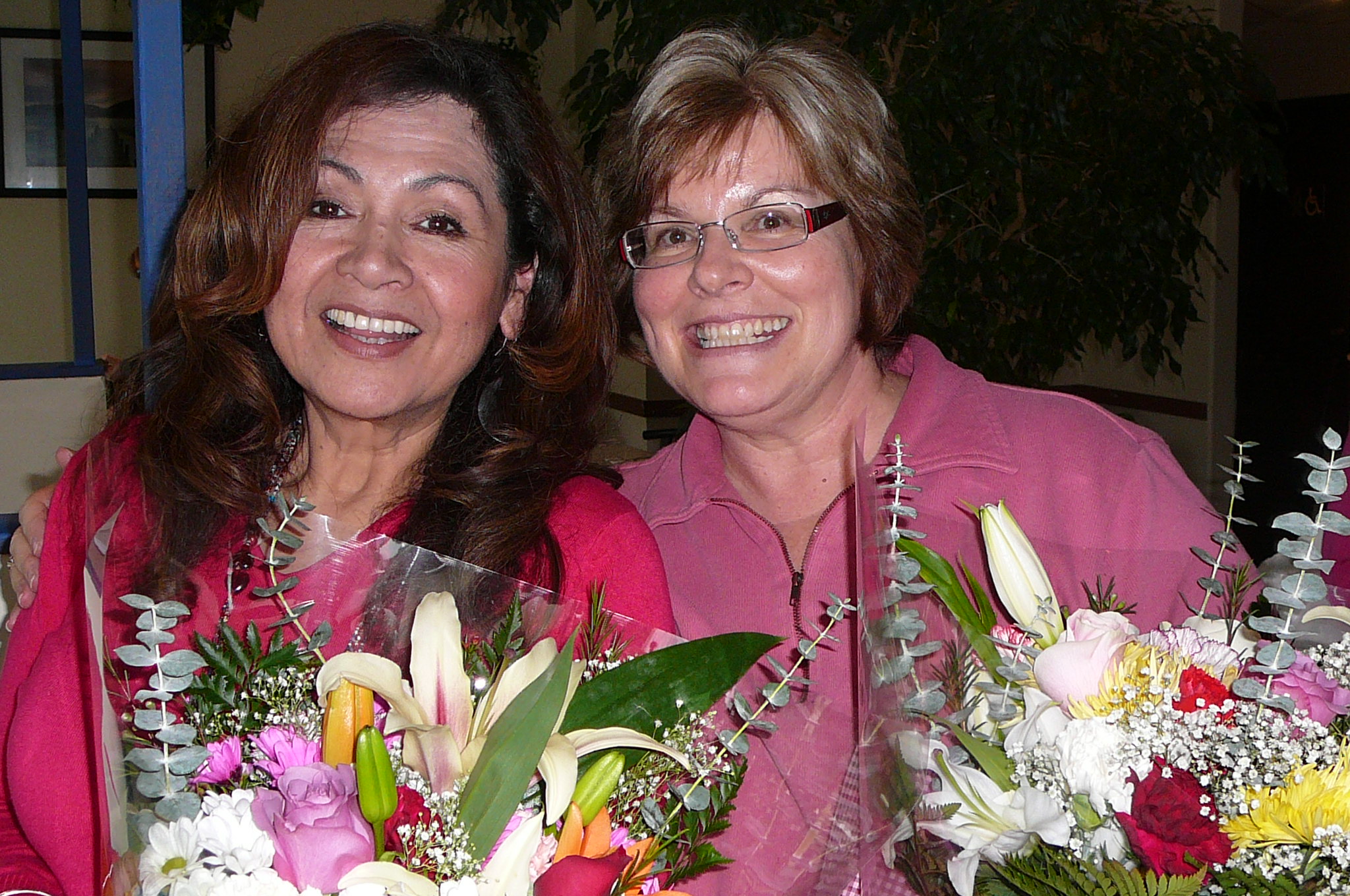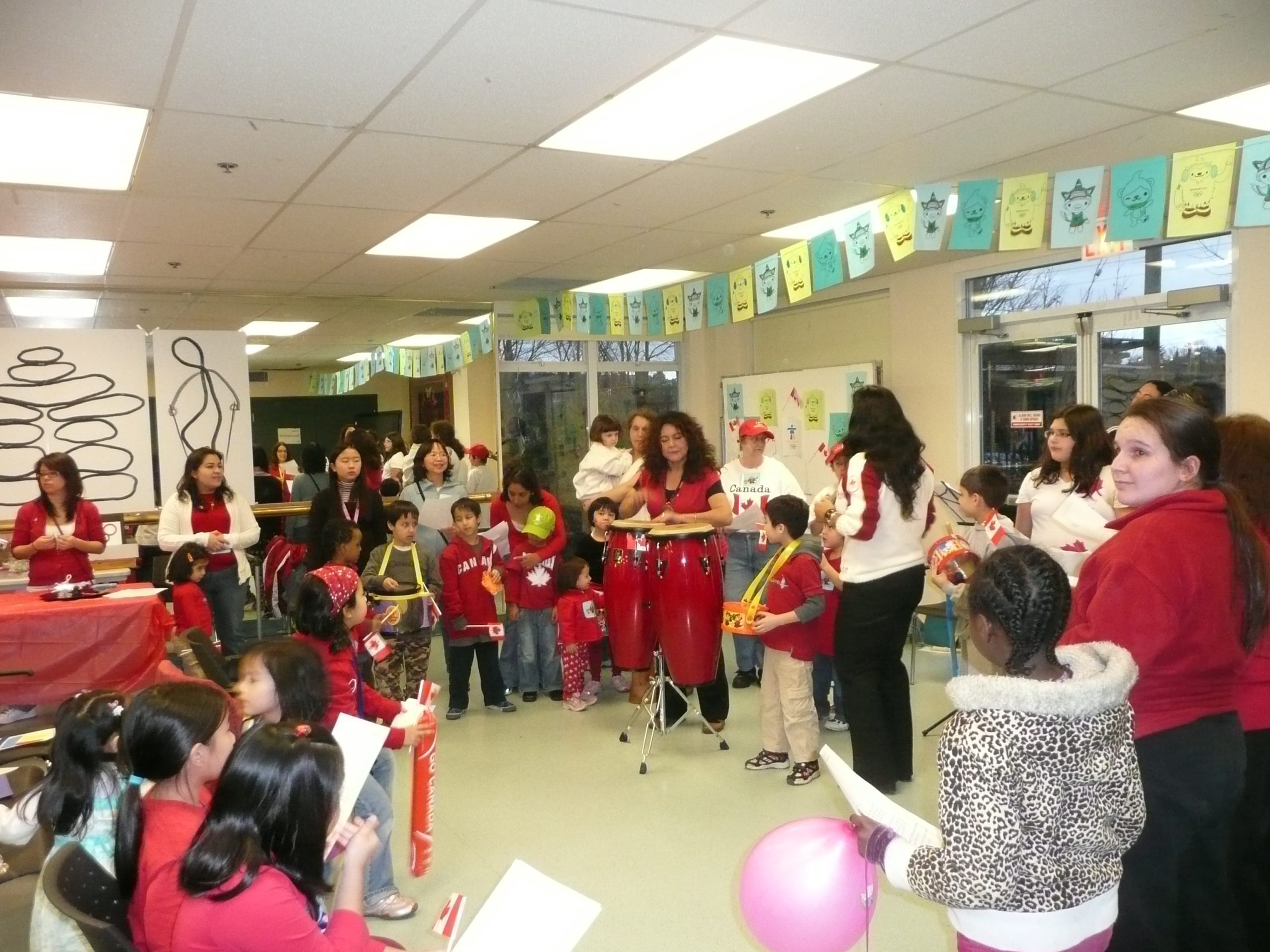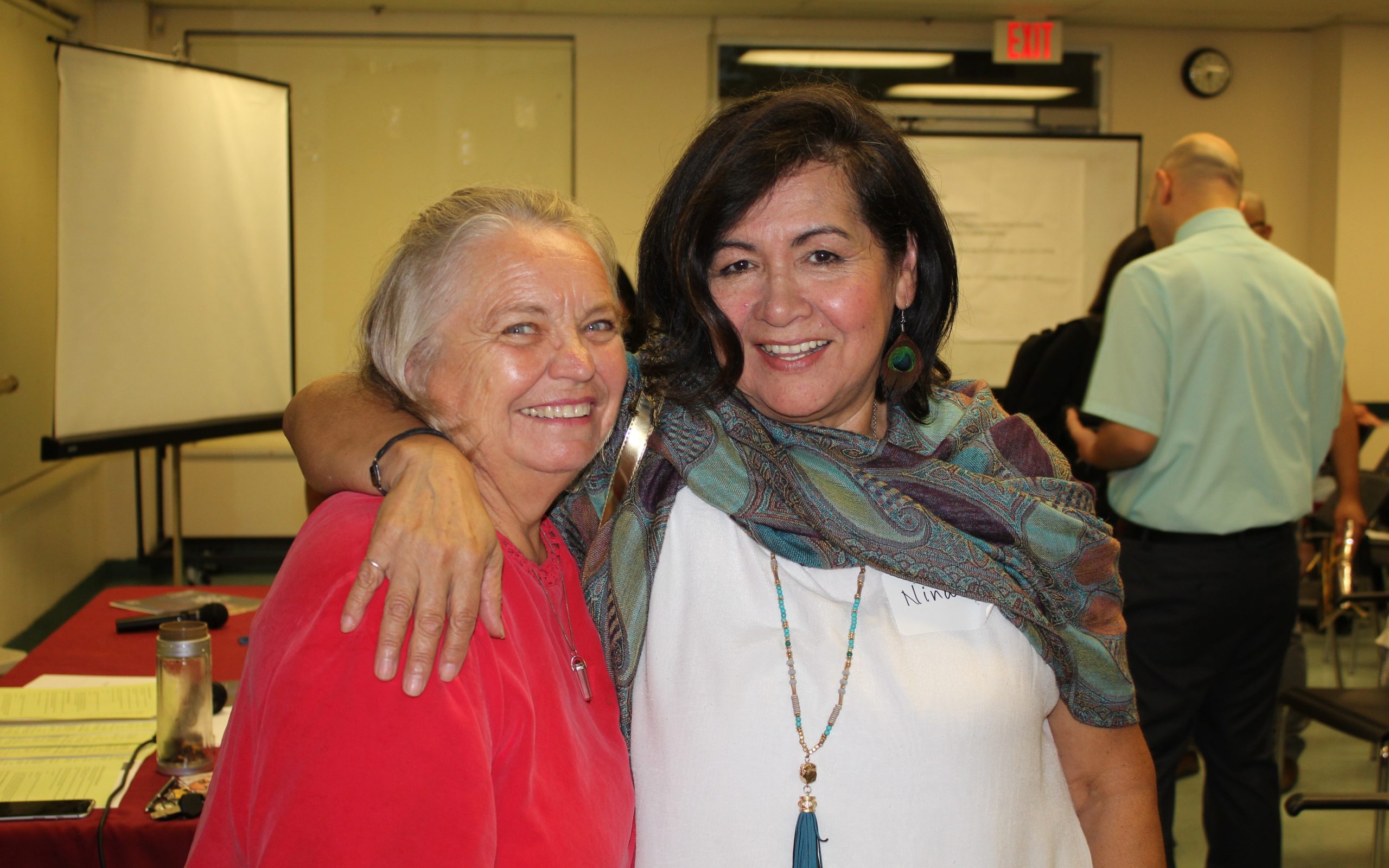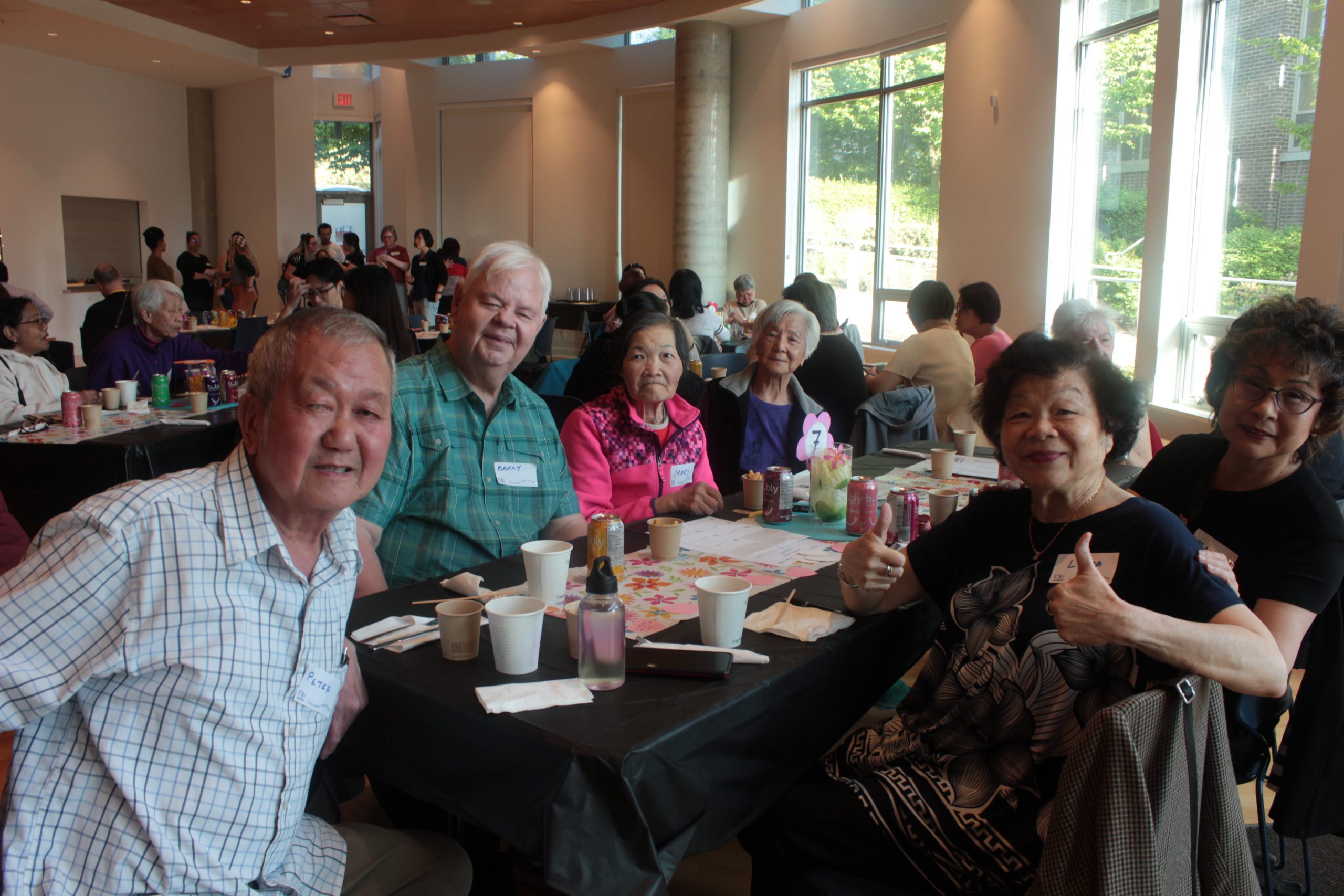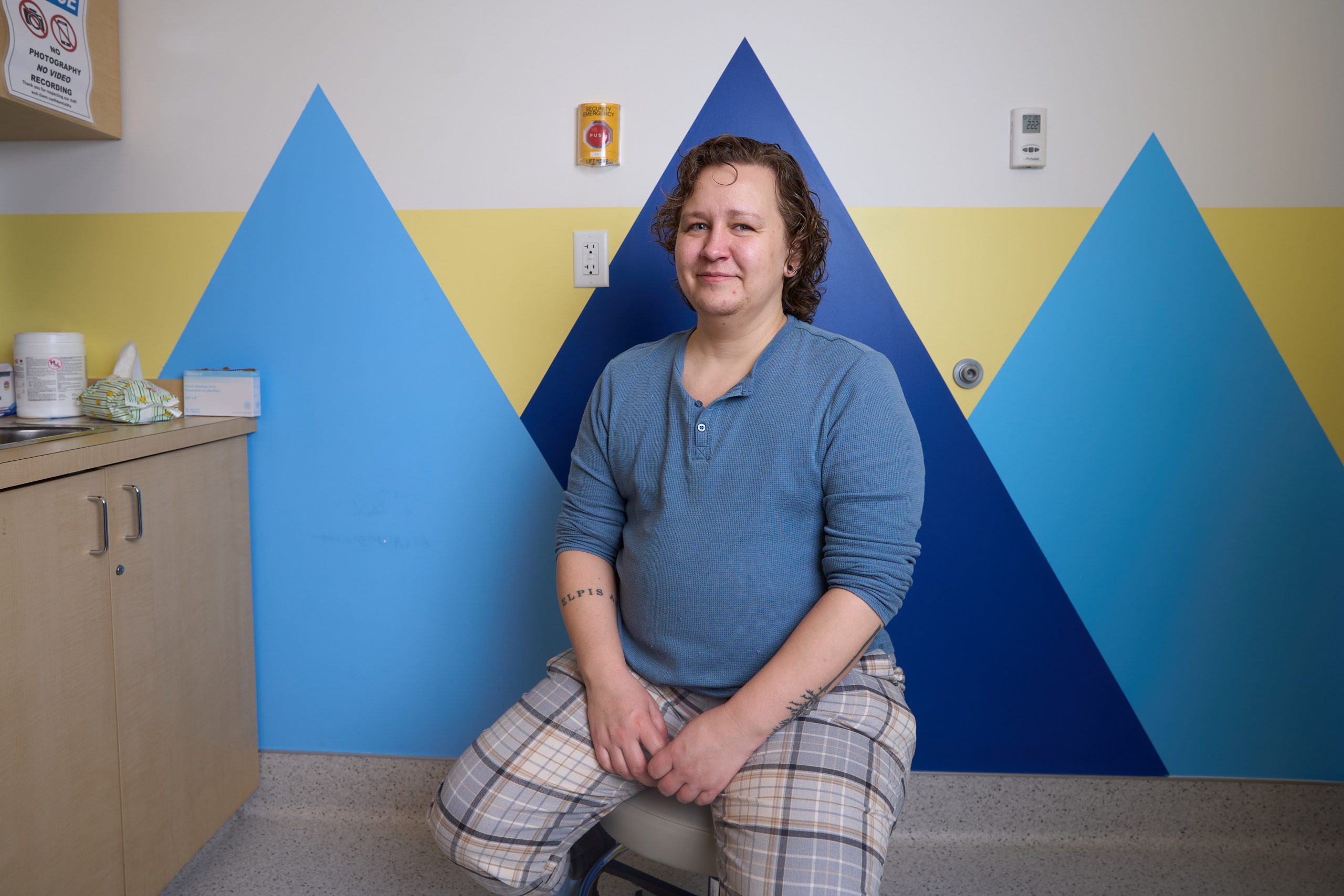Please note: The first round of applications will be reviewed on Aug. 18, 2025. Position will be vacant until filled.
Collingwood Neighbourhood House (CNH) is seeking a Canadian IT consultant or firm to support a comprehensive review and improvement of our technology systems. This work will include assessing our infrastructure, auditing current IT practices, enhancing cybersecurity, improving data collection and digital safety, and supporting staff training on new tools and systems.
Background
CNH is a non-profit organization that provides community programs and services to residents of Renfrew-Collingwood in East Vancouver. Our mandate is to promote the well-being of the Renfrew-Collingwood community by providing leadership and working collaboratively with individuals, families, agencies, and other groups to develop and support inclusive, innovative, sustainable initiatives and services that respond to the community’s social, educational, economic, health, cultural and recreational needs. We offer programs and services in areas such as childcare, healthcare, recreation, seniors, youth, newcomers, arts and culture, food justice and community engagement.
As our organization has grown—most notably with the recent addition of a health care centre and a continually expanding range of programs—our technology needs have become more diverse and complex. This growth presents an important opportunity to develop a comprehensive IT plan that aligns with our current operations and supports future needs. With a wide range of users, systems, and service areas, we are seeking an IT contractor to help us assess our existing infrastructure and practices, identify gaps, and build a more coordinated, efficient, and responsive approach to technology across the organization.
CNH employs approximately 68 full-time and 133 part-time staff and more than 200 volunteers. Key functions and programming include: childcare, community development, health care, newcomers, seniors, food, and recreation. We serve over 20,000 unique participants and manage an organizational budget of almost $14M.
Scope of Work & Key Activities
The consultant will have to lead a comprehensive review of CNH’s technology infrastructure, practices, and systems, with the goal of supporting a coordinated, efficient, and future-ready IT environment that reflects the scale and diversity of CNH’s programs and services. The work will prioritize functionality, staff support, and practical improvements, while also identifying long-term strategic needs. The consultant will work collaboratively with staff across departments and leadership to ensure findings and recommendations are aligned with CNH’s operations and values.
Key Activities & Deliverables
1. Organizational IT Assessment
- Conduct a full review of CNH’s current technology infrastructure and systems, including hardware, software, and network configuration.
- Review current IT-related procedures, policies, and practices (e.g., onboarding/offboarding with respect to IT, data storage, internal communication).
- Evaluate the use and effectiveness of key platforms such as Microsoft 365, point-of-sale (POS), accounting (SAGE), payroll systems (Rise People), health centre Cortico and EMR (Oscar), pharmacy software (WinRx)
2. Staff and Stakeholder Engagement
- Engage CNH staff and key participants to understand their IT-related needs, pain points, and suggestions for improvement.
- Gather input on current training gaps and technology adoption challenges.
3. Digital Tools and Data Systems
- Assess current data collection methods and systems (e.g., POS-based data tracking and reporting), with the aim of improving data quality and integration.
- Provide recommendations for a more comprehensive and efficient system for collecting participant data and program outcomes.
4. Systems and Process Improvement
- Provide practical recommendations for improving processes such as onboarding/offboarding, internal communication, and file management (on both server and cloud (Teams/OneDrive/SharePoint).
- Recommend improvements to phone, payment systems and communication systems to better support a hybrid, multi-site work environment.
- Engage with health centre’s clinical and administrative teams to evaluate EMR usage and propose enhancements in areas such as eForms, documentation templates, and process workflows
5. Cybersecurity and Digital Safety
- Conduct a general review of digital safety practices and cybersecurity risks.
- Identify any high-priority vulnerabilities and recommend basic protections to ensure data privacy and system integrity.
- Evaluate IT systems for adherence to HIPAA privacy and security policies and propose enhancements to ensure full compliance.
6. Training, Documentation, and Knowledge Transfer
- Develop or recommend staff training resources on Microsoft 365 and any new systems or tools.
- Produce user manuals or guidelines for standard IT procedures (e.g., email best practices, file management, security protocols).
- Develop preventative maintenance strategies for health centre and pharmacy equipment and contribute to efficient update procedure and break/fix support workflows
7. Final Report and Implementation Plan
Deliver a final report that includes:
- A summary of findings
- Short- and long-term recommendations
- Suggested implementation timelines
- Estimated costs for major changes (e.g., hardware/software upgrades, new systems)
- Present the report to CNH leadership and offer a debrief session to discuss the plan and next steps.
Budget & Timeline
The total project budget is $100,000 CAD, with approximately $80,000 CAD allocated for the core contract. Remaining funds are reserved for additional work or contingencies.
Work is expected to begin as soon as possible. Timeline and work hours can be included in the proposal. Preferred project duration would be approximately 6-10 months.
Proposal Requirements
Proposals must include:
- Consultant qualifications and relevant experience; Experience in non-profit, community health, or medical sectors is considered an asset
- A work plan detailing approach, timelines, and engagement strategy
- Description of deliverables and estimated costs
- Expected compensation
- At least two references from previous work or contracts
Application Process
The first round of applications will be reviewed on Aug. 18, 2025. Position will be vacant until filled.
Please direct your proposal or any questions to Sanjeev Karwal at skarwal@cnh.bc.ca.
Only shortlisted candidates will be contacted. We sincerely appreciate your interest in our organization and look forward to hearing from you.



